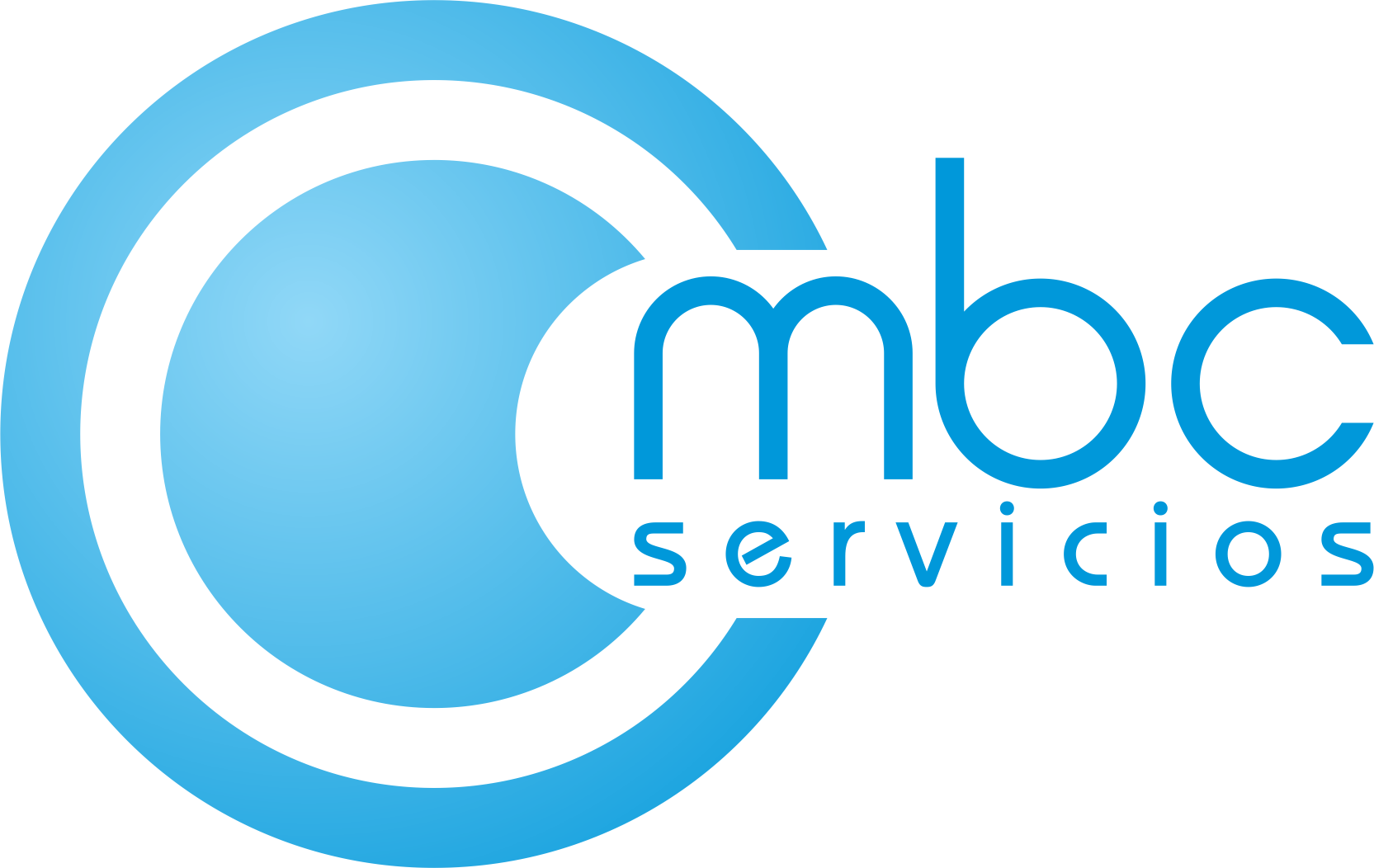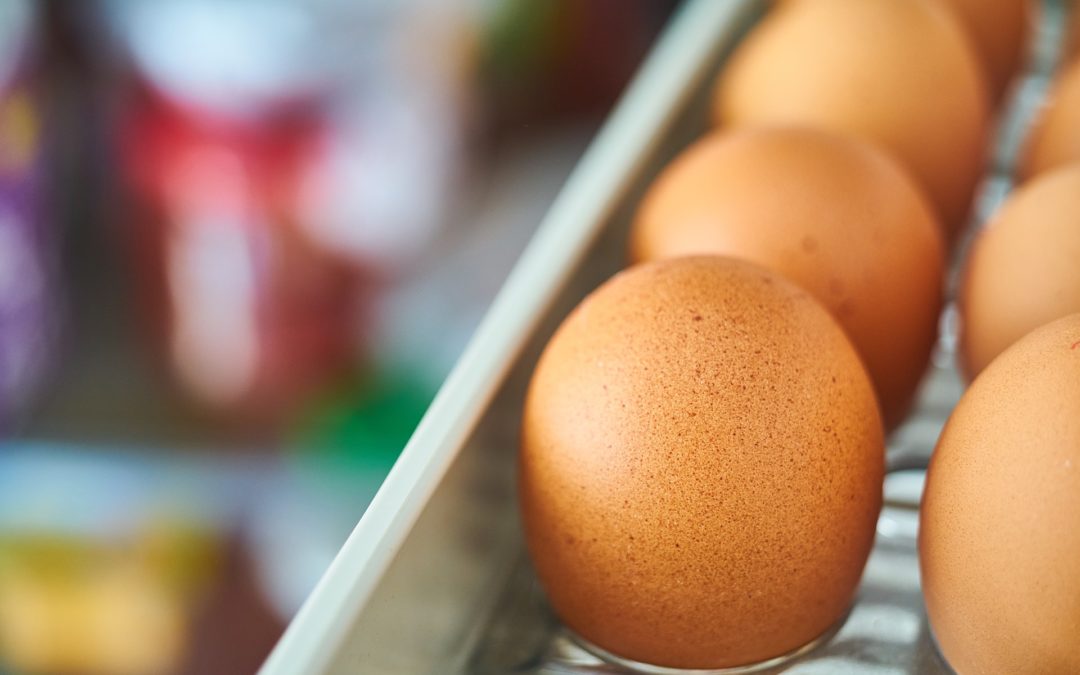Consuming the right amount of protein after bariatric surgery is crucial for optimal results. There are few nutrients as important as protein.
Protein has many roles in the human body. It is the building-block of our bodies. This macronutrient is important for maintaining and repairing all body tissues. Among its jobs we find: healing wounds, repairing the GI tract, building bones, strengthening our immune system and building muscle.
Losing weight does not mean you only lose fat; muscle mass may also be lost, this is why protein is so important during weight loss. Eating enough protein after surgery will help you recover faster from surgery, prevent you from losing muscle mass and help you lose fat.
How much protein should I consume daily?
The recommendation is for women to eat 60 to 80 grams of protein daily, for men to eat 70 to 90 grams of protein daily after a restrictive procedure like the gastric sleeve. Duodenal switch and gastric bypass surgery patients, however, require up to 100 to 120 grams per day. For best results, you need to include protein in every meal. Nevertheless, your doctor will give you a personalized nutrition guide with the exact amount of protein you should consume every day.
Patients who do strenuous exercise require more protein. Eating protein along with exercise will also help avoid sagging skin during weight loss, which is a common concern for patients after bariatric surgery.
Protein should be a priority during your meals, therefore, always eat your protein first. Your stomach’s volume will be reduced after surgery so if you eat carbs and/or fats first you may be too full to eat protein completely.
During the first few weeks after surgery, you will be on a liquid diet so your main source of protein will be from protein shakes, nevertheless, you may want or need to include these in your diet afterward too. Your stomach’s capacity will increase slowly as time goes by so until you can eat enough protein, shakes may be needed to meet your daily protein requirements.
Food that is high in protein includes meat, chicken, fish, tofu, milk, yogurt, eggs, cheese, beans, nuts, quinoa, and soy products.
Keep in mind that eating too much protein is not good either, the excess protein your body does not need will end up stored as fat.
Symptoms of insufficient protein include anemia, lack of muscle mass, weakened immune system, brittle hair and nails, risk of bone fractures, increased hunger, among others.
With over 12 years of experience, the Mexicali Bariatric Center has one of the world’s most successful weight loss programs. Our multidisciplinary team of experts will follow through each individual case to give you the best follow-up post-surgery.

